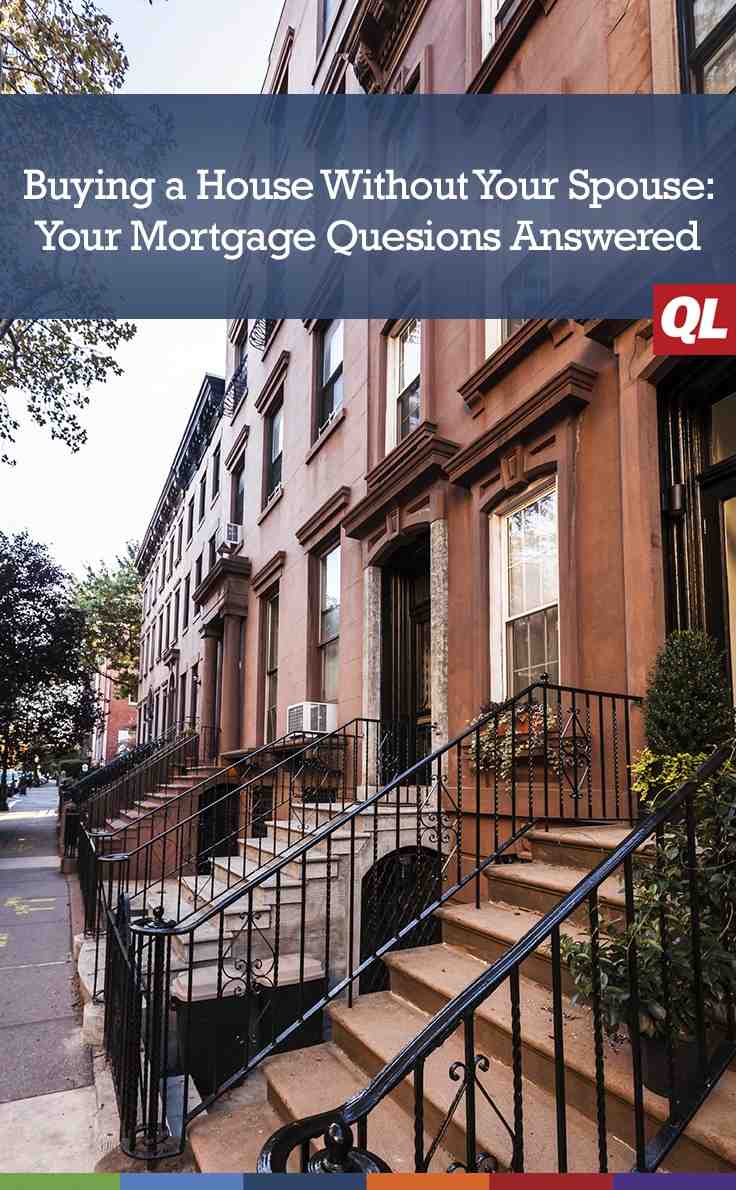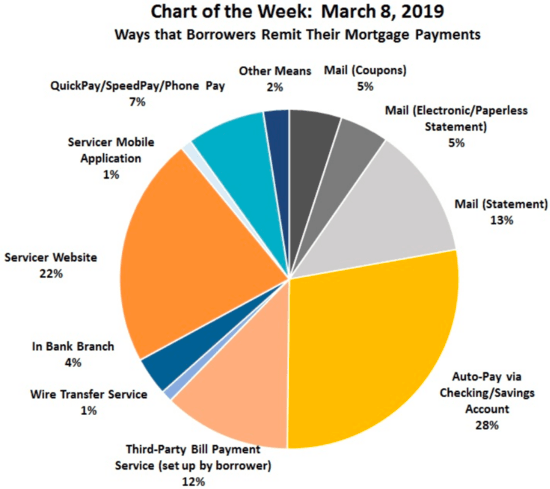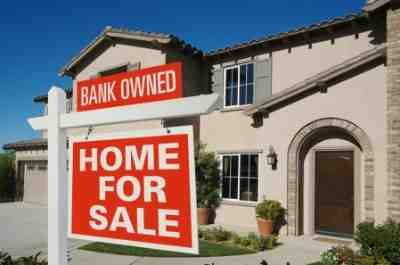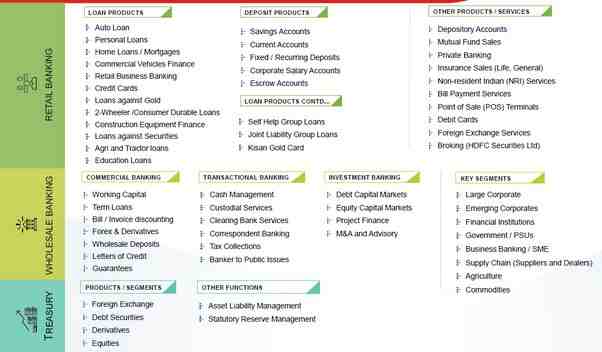Why do banks buy mortgages?
Contents
- 1 Why do banks buy mortgages?
- 2 Can you go to jail for not paying personal loan?
- 3 Why do banks sell mortgages to Fannie Mae?
- 4 What are the pros and cons of a bank loan?
- 5 Who buys mortgage debt?

Lenders usually sell loans for two reasons. The first is to free up capital that can be used to lend to other borrowers. The other is to generate money by selling the loan to another bank and retaining the right to service the loan.
Is it common to sell mortgages? It is very common to sell mortgage loans, and it is not a cause for concern. You should receive a notice in the mail before and after the sale.
Do banks buy mortgages?
So how do banks and other lenders make money on your mortgage? … Once Fannie or Freddie buys a mortgage from a lender, they sell the same mortgage in the form of securities in the bond market. That way, lenders get money to provide more mortgages.
Do banks make money selling mortgages?
Why Banks Sell Mortgages Banks make money from your mortgage loan by collecting interest payments. … When banks sell loans, they are actually selling them the service rights. This frees up lines of credit and allows lenders to lend money to other borrowers (and make money on the fees for initiating a mortgage).
Who usually buys mortgages?
Your investor will typically be one of three government-owned or government-owned mortgage deals: Fannie Mae, Freddie Mac and Ginnie Mae. Occasionally, a smaller NGO will buy your mortgage.
Can you stop your mortgage from being sold?
No, you cannot stop selling your mortgage.
Can I stop my loan from being sold?
Federal banking laws allow financial institutions to sell mortgages or transfer service rights to other institutions. Consumer consent is not required when lenders sell mortgages. … Don’t worry if you find out that your mortgage now belongs to another institution. Remember: a loan is a loan no matter who owns it.
Why does my mortgage keep getting sold?
In the hope of a faster profit, lenders will often sell the loan. If servicing a loan costs more than the money it brings in, lenders may try to sell the servicing of the loan to lower their cost. The lender may also sell the loan itself to free up money to lend more.
Can I control who my mortgage is sold to?
Borrowers do not choose who will service their mortgage. If you are not happy with your servicer, you will need to refinance a new loan, using a lender that does not work with that servicer.
Why do mortgage companies buy mortgages?
Why Investors Buy Mortgages? Investors buy mortgages (or mortgage-backed securities) for the same reason they invest in most debt instruments: income. Specifically, interest income generated by the loan — fixed cash that comes in every month (or whatever way the mortgage owner makes their payments).
How do banks make money selling mortgages?
Banks make money from your mortgage loan by collecting interest payments. … When banks sell loans, they are actually selling them the service rights. This frees up lines of credit and allows lenders to lend money to other borrowers (and make money on the fees for initiating a mortgage).
Can you stop a mortgage company from selling your mortgage?
You are also entitled to a 60 day grace period in case you send a payment to the old lender. Moreover, the lender has every right to sell your loan and you can’t stop at nothing, said Tammi Lindley, a senior loan officer for the staff of Tammi Lindley, a mortgage lender.
Can you go to jail for not paying personal loan?

The Bill of Rights under Section 20 of Article III of the 1987 Charter states that “no one shall be imprisoned for debt.” This makes it illegal for lenders and debt collectors to arrest or imprison you for not being able to resolve your debt, according to Atty.
Can I go to jail for not paying a personal loan? A loan defaulter will not go to jail: A loan default is a civil dispute. Criminal charges cannot be brought against a person for loan default. It means that the police cannot make arrests. So a real person, who is unable to repay the EMI, cannot rise without hope.
What is the legal action against personal loan defaulters?
The personal loan is classified as a non-performing asset if the borrower defaults on more than 90 days. If the loan is not repaid even after 180 days, the lender has the right to take legal action against the borrower under Section 138 of the Negotiable Instruments Act 1881.
What is the punishment for personal loan defaulters?
Personal loan defaulters will be acquitted under section 420 of the Indian Penal Code, i.e. Life Imprisonment. This will have a negative impact on credit history and will affect the ability to apply for a personal loan in the future. The best option is to avoid default payments by keeping emergency funds.
What is the legal action against personal loan?
Legal Action: You will be liable for legal action if you pursue your personal loan EMI repayments which exceed 180 days. The lender will give you adequate rest in the form of extending the EMI due date, providing a moratorium on the loan etc., and the final recovery action will be legal action.
What will happen if personal loan is not paid?
When you fail to repay the borrowed amount even after a certain period of time, the lender will report your loan account as an unearned asset (NPA) to the credit bureaus. This will greatly affect your credit history and will also reduce your credit score.
What happens if a personal loan is not paid?
When you fail to repay the borrowed amount even after a certain period of time, the lender will report your loan account as an unearned asset (NPA) to the credit bureaus. This will greatly affect your credit history and will also reduce your credit score.
Can you go to jail for not paying a personal loan Philippines?
Will I go to jail if I have an unpaid loan? As stated in the Constitution of the Philippines 1987 under Article 20 of Article III, no one shall be imprisoned for debt, so you do not have to worry about debt collectors threatening to send out the police. to catch you tomorrow.
Why do banks sell mortgages to Fannie Mae?

Fannie Mae buys mortgage loans from lenders to replenish their funds so that the lenders can continue to provide new mortgage loans. This helps to keep affordable financing available to home buyers in the home market.
Do banks sell loans to Fannie Mae? Banks may sell loans to Fannie Mae alone or in combination with other loans, either directly or through intermediaries. Fannie Mae finances its operations and loan loss reserves primarily through fees, which banks can pass on to borrowers.
Is it good to have a Fannie Mae loan?
Fannie and Freddie loans have competitive interest rates and low payment options. But the biggest advantage of Fannie and Freddie loans is: These are the best mortgages that most lenders make. There is a ready market where lenders can sell the loans, earn a profit and raise more capital to make additional loans.
Is Fannie Mae better than FHA?
The difference between FHA and Fannie Mae loans is that the FHA insured loan is a loan from the US Federal Housing Administration mortgage loan backed by mortgage insurance provided by an approved lender. … Fannie Mae’s loan requires a higher credit score at 620 to 640 which is higher than the FHA loan.
How much of a down payment do I need for a Fannie Mae loan?
Fannie Mae’s HomeReady® and standard loan programs only require a 3% one-family down payment. You can use your own funds or receive a gift gift from a family member. To buy a second home or investment property, you need a down payment of 10% and 20%, respectively. Credit score.
Is it hard to get a Fannie Mae loan?
Fannie Mae Loan Requirements Credit Score: Your credit score plays a role in the loan approval process. … Debt to income ratio: DTI, which compares your monthly debt payments to your monthly income before tax, should in most cases not exceed 50% to qualify for a Fannie Mae loan.
Why do banks use Fannie Mae?
The Conference was created by Fannie Mae and Freddie Mac. They play an important role in the nation’s housing finance system – providing liquidity, stability and affordability to the mortgage market.
Why do lenders use Fannie Mae?
By investing in mortgages, Fannie Mae creates more liquidity for lenders, including banks, beacons, and credit unions, which in turn allows them to underwrite or finance more mortgages.
What are the pros and cons of a bank loan?

Some of the benefits of bank loans include the ability to fill out applications in person, the lack of initiation fees and potentially low minimum APRs. Disadvantages of bank lending include high credit score requirements, potentially high maximum RCBs and slower approval.
What are the pros and cons of a bank loan? Cost Efficiency: When it comes to interest rates, bank loans are usually the cheapest option compared to overdraft and credit card. Profit Retention: When you raise funds through equity you must share profits with shareholders. However, in a raised finance bank loan you do not have to share its profits with the bank.
What are the cons of bank loans?
What are the disadvantages of bank loans?
- Strict eligibility criteria. One of the major disadvantages of a bank loan is that banks can be cautious about lending to small businesses. …
- Long application process. …
- You may not receive the full amount of the loan. …
- Not suitable for ongoing costs. …
- Secured loans carry risk.
What is an advantage of a bank loan?
Advantages of Bank Loans Low Interest Rates: Bank loans generally have the cheapest interest rates. The rates you pay will be cheaper than other types of high interest loans, such as venture capital. … Flexibility: When you get a bank loan, the bank will not provide a set of rules that will determine how you spend the money.
What is an disadvantage of a loan?
Disadvantages of borrowing Borrowing is not very flexible – you may be paying interest on funds you are not using. … There may be a fee if you want to repay the loan before the end of the loan term, especially if the interest rate on the loan is fixed.
What are the advantages for borrowing from the bank?
Low Interest Rates: Bank loans generally have the cheapest interest rates. The rates you pay will be cheaper than other types of high interest loans, such as venture capital. As Bizfluent says, bank loans offer much lower interest rates than you get with credit or overdraft cards.
Who buys mortgage debt?

A mortgage bond is a bond in which holders claim real estate assets set up as collateral. A lender may sell a mortgage bond collection to an investor, who collects the interest payments on each mortgage until it is paid. If the owner of the mortgage defaults, the bondholder gets their house.
Who can buy mortgage backed securities? Mortgage-backed securities can be purchased at most full-service brokerage firms and some discount brokers. The minimum investment is usually $ 10,000; however, there are some MBS variations, such as mortgage collateral (CMO) obligations, that can be purchased for less than $ 5,000.
Who usually buys mortgages?
Your investor will typically be one of three government-owned or government-owned mortgage deals: Fannie Mae, Freddie Mac and Ginnie Mae. Occasionally, a smaller NGO will buy your mortgage.
How are mortgages bought and sold?
Banks make money from your mortgage loan by collecting interest payments. … So if they want to make a faster profit, they will sell your mortgage loan for a commission. That provides immediate cash. Your lender may also sell your loan as a way to free up capital.
Do most mortgages get sold?
While it may be surprising, there is no need to stress: Mortgages are bought and sold all the time. Mortgages are bought and sold all the time. If you are notified that your mortgage has sold out, the terms of the loan will not change – your interest rate, your monthly payment and your remaining balance -.
Who buys mortgages from mortgage companies?
Fannie Mae and Freddie Mac buy mortgages from lenders and keep those mortgages in their portfolio or package the loans in mortgage-backed securities (MBS) that could be sold. Lenders use the money raised by selling mortgages to the Enterprises to make additional loans.
Who owns mortgage debt?
A mortgage holder, also known as a “note holder” or simply the “holder,” is the owner of your loan. The holder has the right to enforce the loan agreement. The loan agreement consists of: a promissory note, and.
Who owns most of the mortgages?
In 2020, Quicken Loans became the largest mortgage provider in the United States with more than US $ 313.4 billion in mortgage loans.
Are mortgages public debt?
For example, banks that make mortgage loans often sell the rights to collect the mortgage payments to government housing agencies, which in turn2 create bonds with payments guaranteed by the payments on the underlying mortgages. … Public debt is the debt owed by national, state and local governments.
Who owns mortgaged property?
A mortgage is a temporary transfer of property to borrow money. The ‘mortgagor’ is the person who owns the land. The lender is the person who lends the money.
